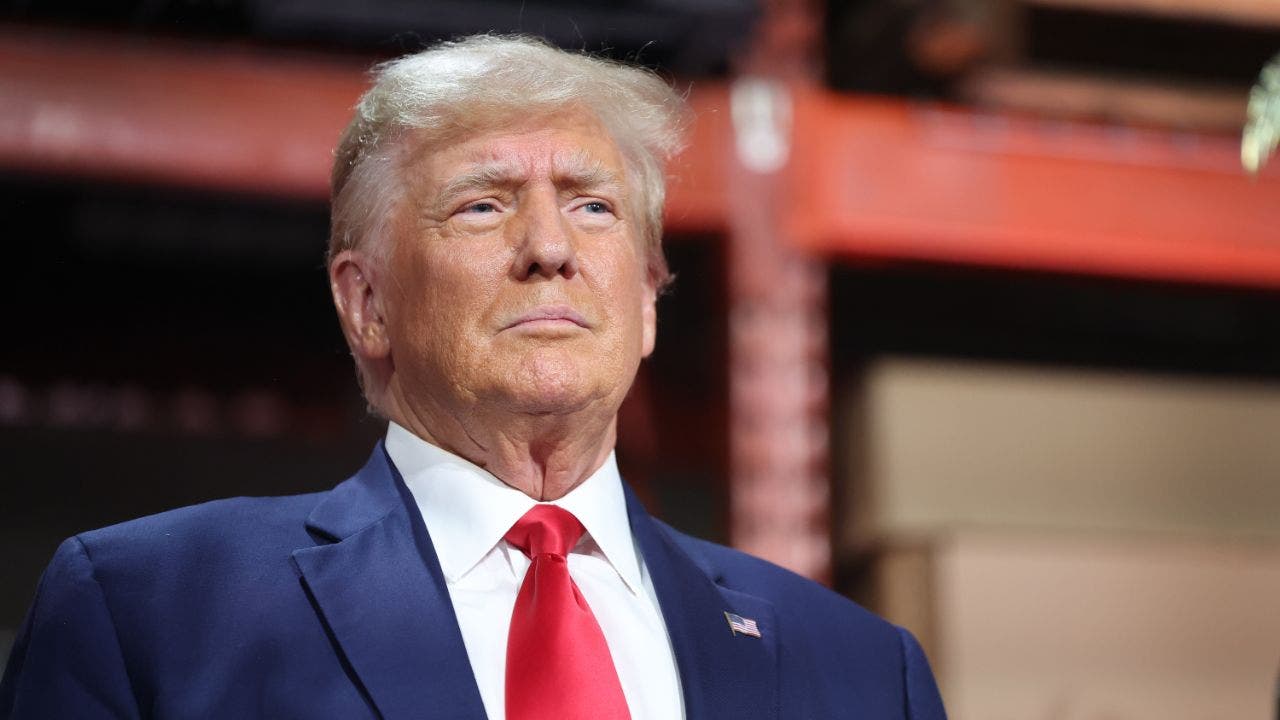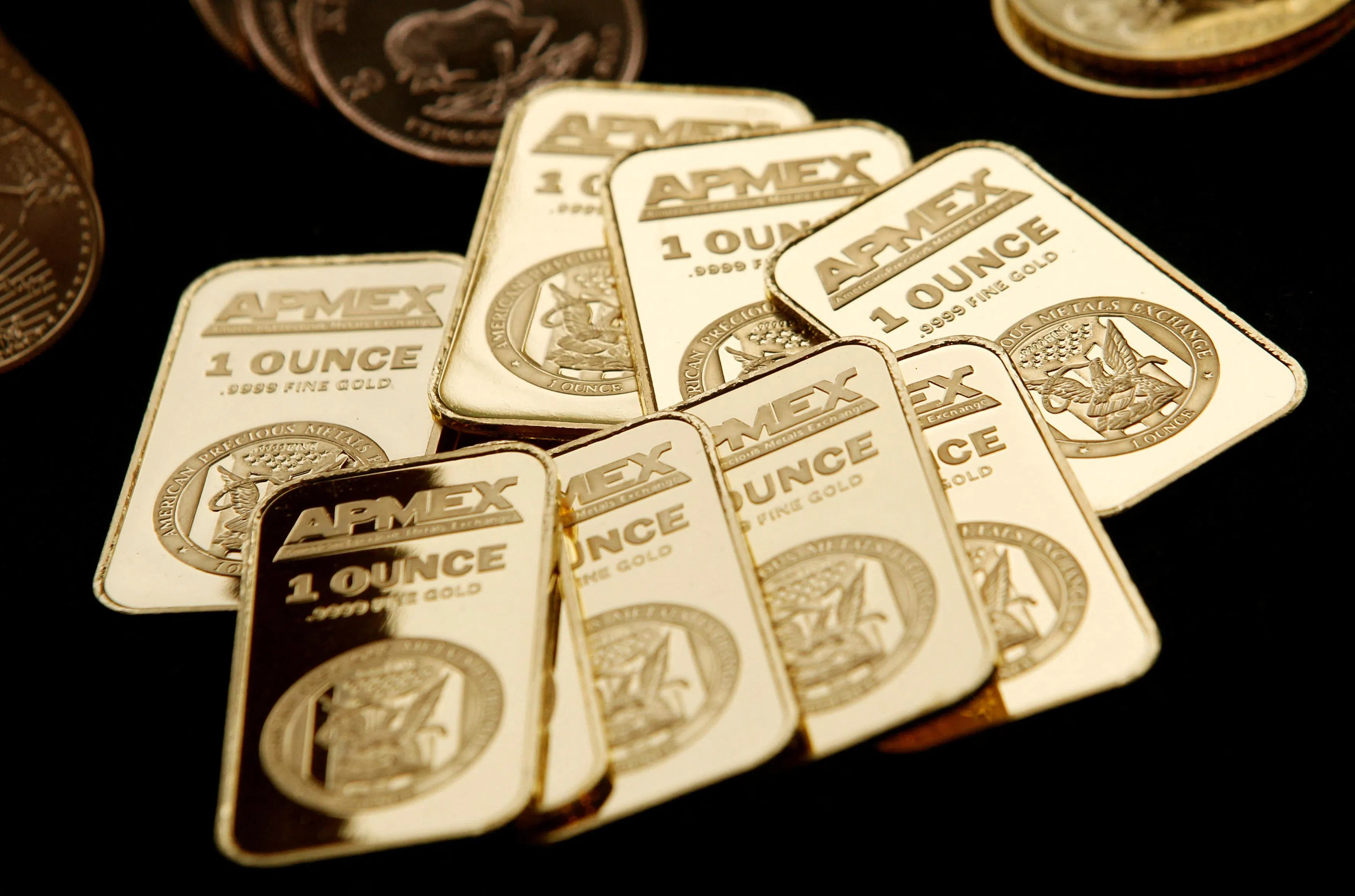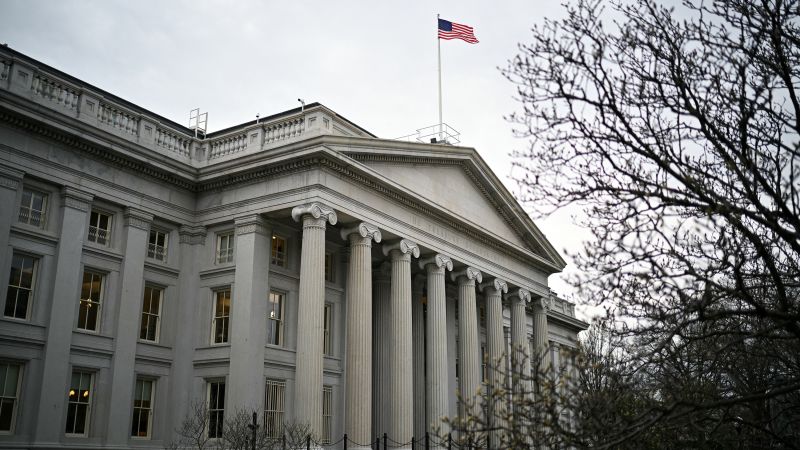TD Bank will pay $3 billion to settle charges that it failed to properly monitor money laundering by drug cartels, regulators announced Thursday.
The fine includes a $1.3 billion penalty that will be paid to the US Treasury Department’s Financial Crimes Enforcement Network, a record fine for a bank. TD also intends to pay $1.8 billion to the US Justice Department and plead guilty to resolve the US government’s investigation that the bank violated of the Bank Secrecy Act and allowed money laundering.
The US Department of Justice said in a statement that TD Bank had “long-term, pervasive, and systemic deficiencies” in its procedures of monitoring transactions. More than 90% of transactions went unmonitored between January 2018 to April 2024, which “enabled three money laundering networks to collectively transfer more than $670 million through TD Bank accounts,” according to a legal filing.
In one instance, TD Bank employees collected more than $57,000 worth of gift cards to process more than $470 million in cash deposits from a money laundering network to “ensure employees would continue to process their transactions” and not declare them in required reports, the DoJ said.
In a related statement, the Office of the Comptroller of the Currency (OCC), a US agency that regulates banks, said TD processed hundreds of millions of dollars of transactions the clearly indicated highly suspicious activity.
The Wall Street Journal first reported the news late Wednesday.
The Canadian bank will be subject to four years of monitoring by FinCEN to observe the lender more closely and ensure it is following the agreement.
“The vast majority of financial institutions have partnered with FinCEN to protect the integrity of the US financial system. TD Bank did the opposite,” said Deputy Secretary of the Treasury Wally Adeyemo in a statement. “From fentanyl and narcotics trafficking, to terrorist financing and human trafficking, TD Bank’s chronic failures provided fertile ground for a host of illicit activity to penetrate our financial system.”
The US Federal Reserve also fined TD Bank and will force the company to relocate to the United States its anti-money laundering compliance office.
And, in a significant part of the agreement, the OCC is restricting TD Bank’s growth in the United States. Although extraordinary, it is not unprecedented for a bank to be monitored and its growth restricted by the US government. Wells Fargo was saddled with similar restrictions on growth and a hefty fine for “widespread consumer abuses” in 2018 and has yet to convince regulators to remove that asset cap. Wells Fargo previously admitted that its workers responded to wildly unrealistic sales goals by creating as many as 3.5 million fake accounts.
TD Bank declined to comment, but the bank plans to hold a call with investors later on Thursday.
The tough penalties from regulators on Thursday caught Wall Street off guard. TD Bank’s (TD) US-listed shares slumped 6% as investors brace for higher legal expenses and weaker growth.
“We believe that the market was becoming increasingly comfortable with the thought that there would not be any growth restrictions placed on TD,” John Aiken, analyst at Jefferies, wrote in a note to clients on Thursday. “TD will need to find a new avenue for growth from its traditional reliance on US retail banking.”
Officials at the Justice and Treasury departments have grown increasingly concerned by Mexican cartels’ use of the US banking system to launder proceeds from the sale of fentanyl and other drugs that kill tens of thousands of Americans annually.
Couriers laundering money for the cartels “are opening accounts in banks big and small here in the US,” senior Treasury official told CNN in May.
Treasury and IRS officials earlier this year began briefing US banks and social media companies, on whose platforms the drugs are often bought and sold, to try to get a clearer picture of how the cartels are exploiting the financial system, CNN has reported.
One focus of the meetings, the Treasury official said, is how to use intelligence provided by smaller banks that can spot laundering fronts in their communities.
Because of the seriousness of the accusations, some critics, including Democratic Massachusetts Senator Elizabeth Warren, said the penalties didn’t go far enough.
“Big banks treat government fines as the cost of doing business,” Warren said in a statement. “This settlement lets bad bank executives off the hook for allowing TD Bank to be used as a criminal slush fund. The Department of Justice and the Office of the Comptroller of the Currency need to do better in enforcing our anti-money laundering laws.”
Last year, TD Bank paid $1.2 billion to settle a lawsuit alleging its involvement in an infamous $7 billion Ponzi scheme orchestrated by disgraced financier Allen Stanford more than a decade ago.
The money was used to pay back victims of the scheme but the bank denied any wrongdoing.
This is a breaking news story. It will be updated.
Read the full article here
















